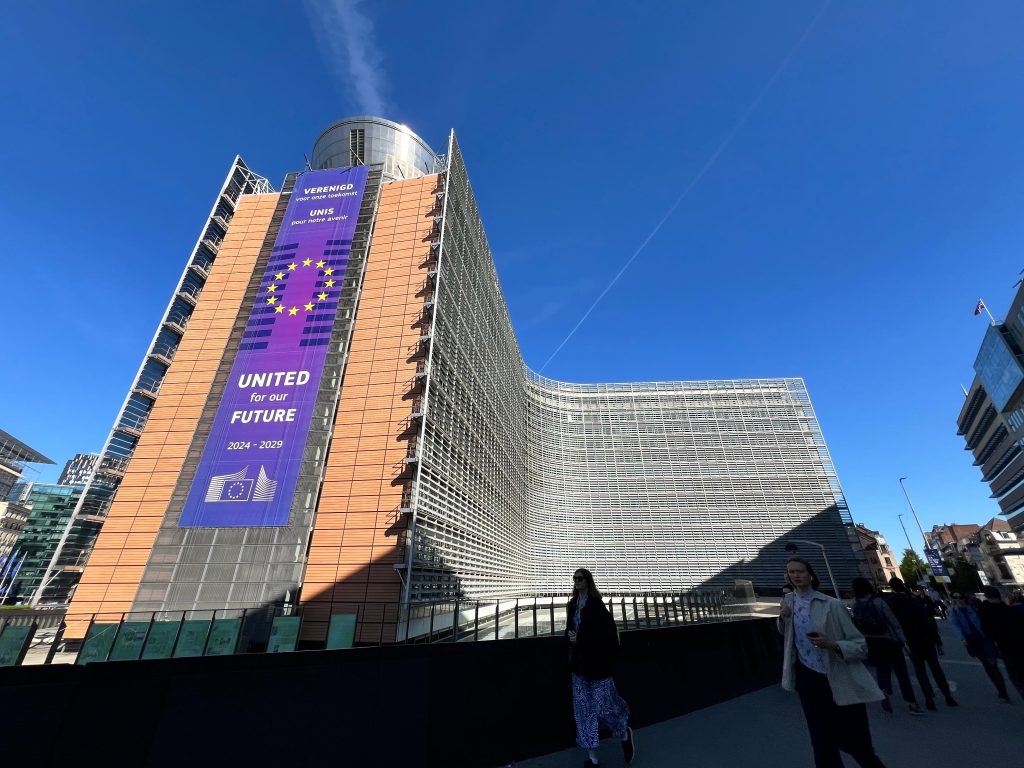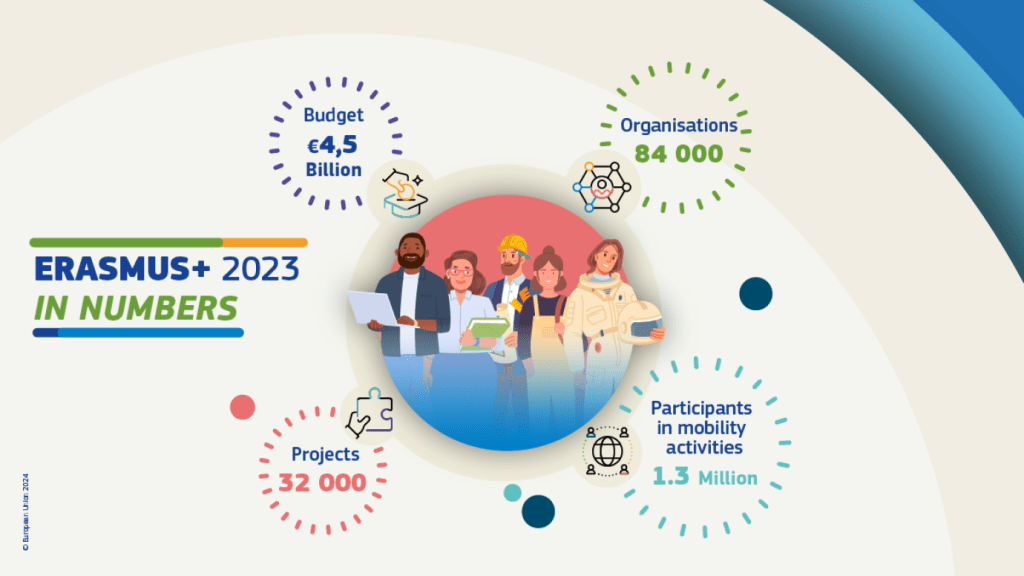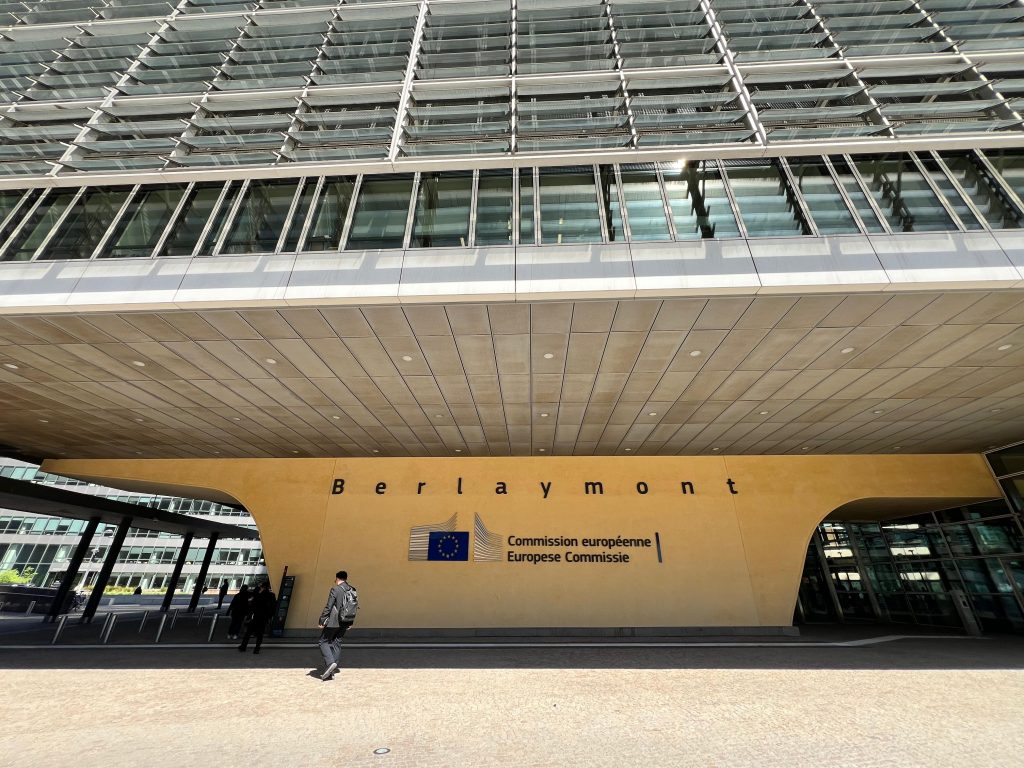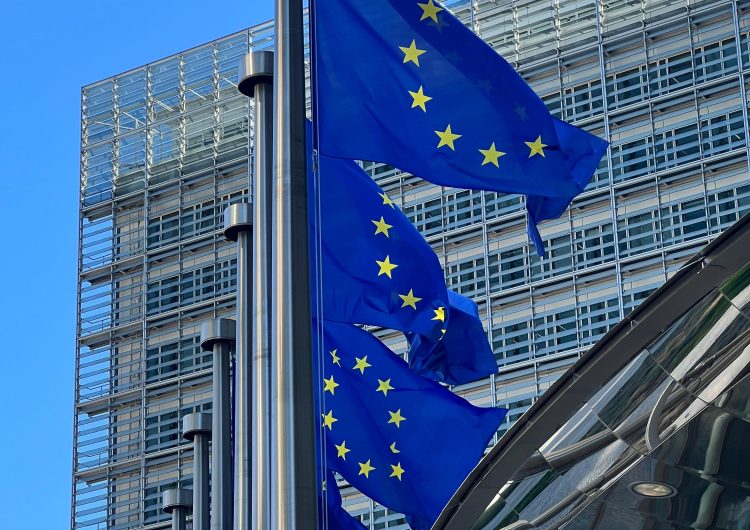Since its inception in the 1980s, the Erasmus+ programme has transformed international education, nurturing academic collaboration and cultural exchange between Europe and the world including ASEAN nations like Brunei Darussalam.
Originally designed for student mobility within the European Union (EU), the programme has expanded into a global initiative, supporting thousands of students, academics and universities worldwide.
Erasmus+ is the EU initiative for education, training, youth and sport for the period 2021-27. Erasmus+ funds academic mobility and cooperation projects that involve partners from 27 EU Member States and six associated countries (Iceland, Liechtenstein, Norway, North Macedonia, Serbia and Türkiye) and from non-associated countries throughout the world.

The name Erasmus, an acronym for the European Region Action Scheme for the Mobility of University Students, reflects its mission, enabling students to study abroad while building bridges between cultures.
In an interview, EU Ambassador to ASEAN Sujiro Seam explained that it started to encourage studies within the EU but saw potential for students outside Europe.
“Now, Erasmus+ supports exchanges not just among EU countries but with partner nations worldwide, including Brunei,” he said.
With a €26 billion budget over the EU’s current financial cycle, Erasmus+ has benefited millions of students across fields like engineering, social sciences, green technology and vocational training.
Countries such as Poland, Hungary, Indonesia, Vietnam and the Philippines have seen strong participation, with growing interest from Bruneian students and institutions.
The programme goes beyond student mobility. It strengthens university partnerships and faculty collaboration. Ambassador Seam highlighted three key benefits; firstly, on study abroad opportunities where students can spend a semester or full degree at top European universities; secondly, university partnerships where institutions collaborate on joint programmes and research; and lastly, faculty exchanges and professors and researchers teach or work abroad, bringing expertise back home.

“Erasmus is not just about student exchanges. It is about building lasting academic ties and with scholarships available, financial barriers are reduced,” he said.
Brunei, though small in population, is fully eligible for Erasmus+. While larger ASEAN countries like Indonesia and the Philippines have more participants due to their size, Brunei still benefits from the programme’s opportunities.
“Brunei qualifies for the Erasmus programme as it is. Of course, when we speak about student mobility, there are two things which come into play. The first one is the relationship with overseas universities; the second thing is the cost. Erasmus also comes with a scheme of scholarships,” the ambassador said.
The EU also supports ASEAN higher education through initiatives like SHARE (EU Support to Higher Education in ASEAN) and SCOPE HE (Sustainable Connectivity in Higher Education), which focus on green transition, digital skills, and economic development, the key priorities for Brunei’s Vision 2035.
The Erasmus+ National Policy Reviews 2024 for Brunei stated that Bruneian students have participated in the Erasmus Mundus Joint Master’s degrees (EMJMs) as part of the Erasmus+ Programme where it allows students to pursue a joint master’s in various universities across Europe.
Erasmus+ is not just about ASEAN students going to Europe, it also brings European students and academics to ASEAN universities, fostering mutual learning.
“This is a two-way street. It is not only to attract students from the Asian region to Europe but also to send students and faculty members from the European Union to partner, study, teach and research, in ASEAN member states,” said the ambassador.

For students considering Erasmus+, he advised not to just choose a destination but think about future career. “Erasmus+ offers countless options, so find the best programme for your goals,” he continued.
With its focus on people-to-people ties, Erasmus+ continues to shape global education, offering students and academics a gateway to world-class learning and collaboration.
Brunei should take a more active role in the Erasmus+ programme because it offers valuable opportunities for students, researchers and universities. By participating more, Bruneian students can gain world-class education in fields like renewable energy, digital technology and Islamic finance, the key areas for the country’s future growth under Brunei’s Vision 2035.
THE BRUNEIAN | BANDAR SERI BEGAWAN



